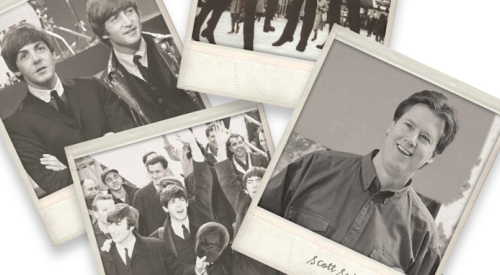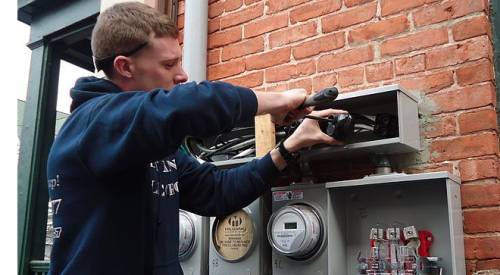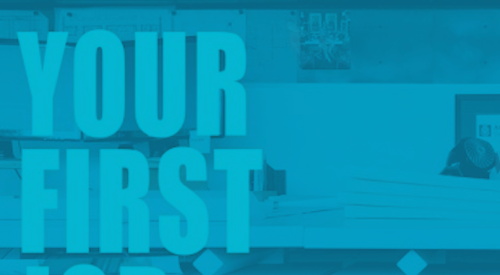| Dean Horowitz, Publisher |
When my son was 3 years old, he got angry with me for not letting him drive my car. He was adamant that he knew how to drive and in fact was a better, faster driver than I. Despite what I told him, he wouldn't give up on the idea. I gave him credit for being tenacious, but in the end he was buckled into his safety seat, and I was the one behind the wheel.
There are times in life when your optimism doesn't match reality. We look in the mirror and learn the hair is graying and rapidly thinning despite the claims of Rogaine, Propecia and the rest. These products provide hope of restoring the appearance of the teenager you still visualize yourself being. But ultimately you have to realize this is where you are in life. This is reality.
We have been out of our parents' house longer than we were in it, high school was more than 20 years ago, and people count on us professionally and personally to deliver on expectations of who they see us as today and not on our kid dreams.
There are stages to this point. In our 20s we feel that everything is possible and only outside factors stand in our way. The struggle is in coming to terms with the fact that the commitment required to succeed in college is just as important in earning a living and having a career. Our intellectual capacity and drive move us up and over our goals.
This phase of life is much like a startup or a company redefining itself with a new team in place. It is exciting as the company vision and what it stands for evolve daily. Should we build this type of home? Is this the best buyer to target? Do we really want to be associated with those suppliers?
Into our 30s, we develop a more global perspective. Kids enter, and we start understanding the interconnectivity of all humans. We hope for a world that is better because we were here. Our actions become less selfish and more in tune with our company, our community and especially our family. Self-reflection occurs, and the weight of decisions becomes more intense. The impact of these actions becomes part of the dialogue.
At the same level of maturity, our company begins to look at trade partners as members of the team and not as another set of tools to accomplish a goal. We begin to measure impact and benchmark against the ideas that drive our successes and failures. Our company's social architecture, its discussions and exchanges, its hopes and dreams and capacities reflect what the company wants to represent.
Do our friends count on us to be on time, do they believe we perform at our best, do they believe we exceed goals and are committed to the people around us? There isn't much difference between how we live our lives and the work required of us. Being great requires study, requires practice.
Often we pay for research for perspective and insight when one-on-one dialogues into deep places could help us more. It is the confidence to get to the place where you realize the reality of business and life. It is here where you can make the most difference.
What do we do to keep the young, optimistic outlook while experiences mount along the way? How do we retry things that were failures a few years ago because today someone thinks they are fresh ideas? How do we avoid the "been there, done that" mentality when we know the outcome but others don't?
Looking at builders, designers and architects who have been in business more than five years, more than 10, more than 20, 50 or even 100 years, you see a difference that is profound. It isn’t necessarily in volume or product quality. It is in understanding the interconnectivity of individuals' efforts, the team’s commitment and the product that results.










